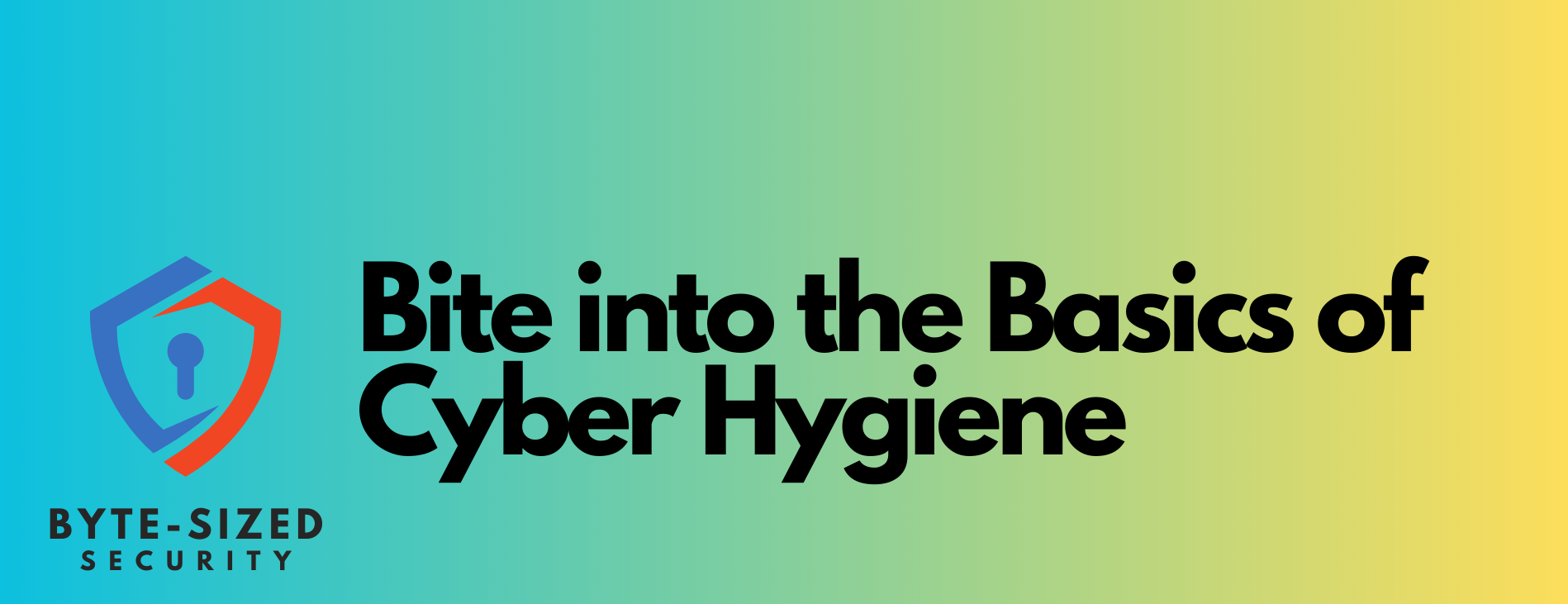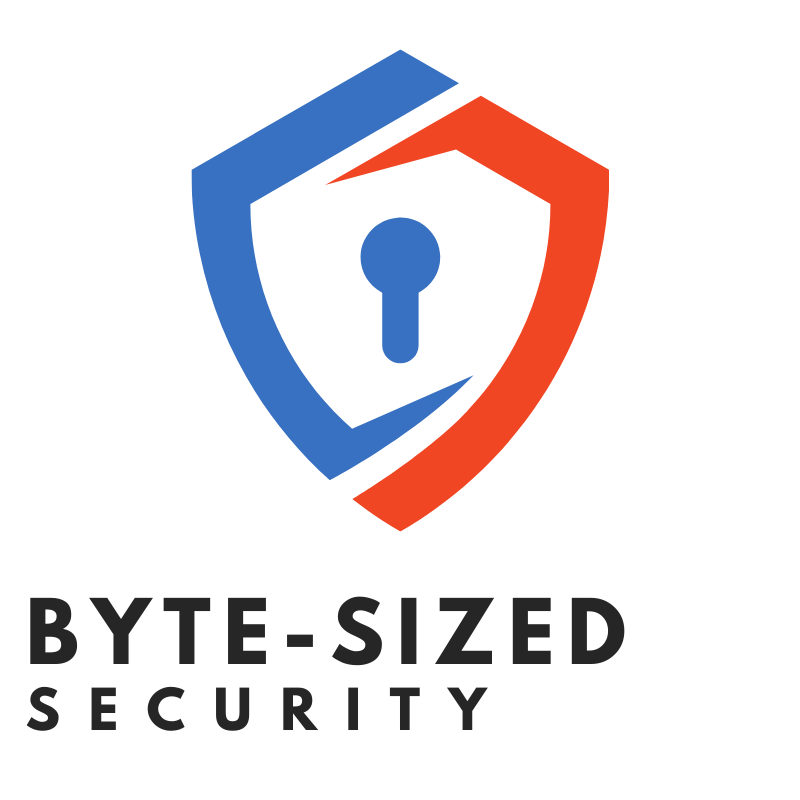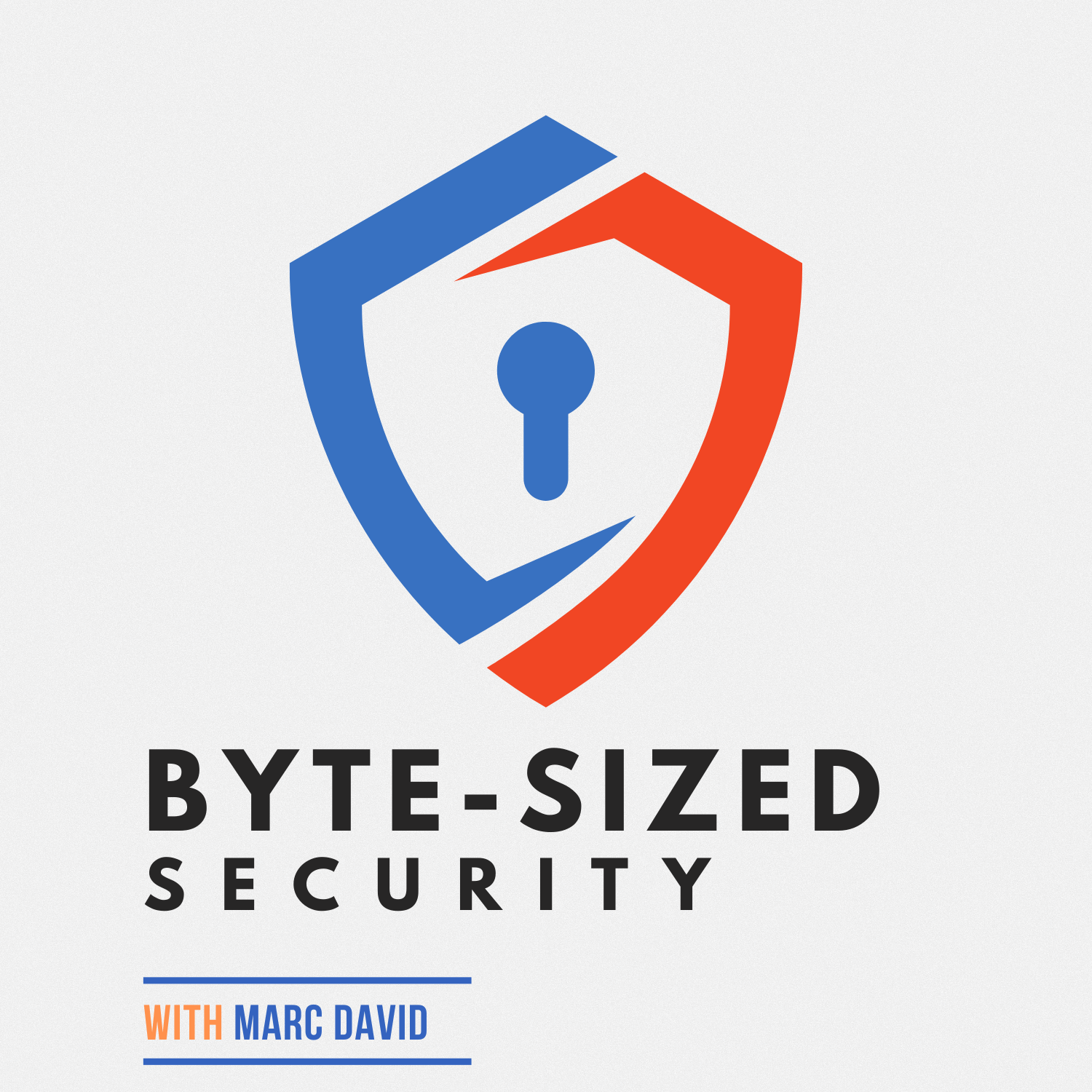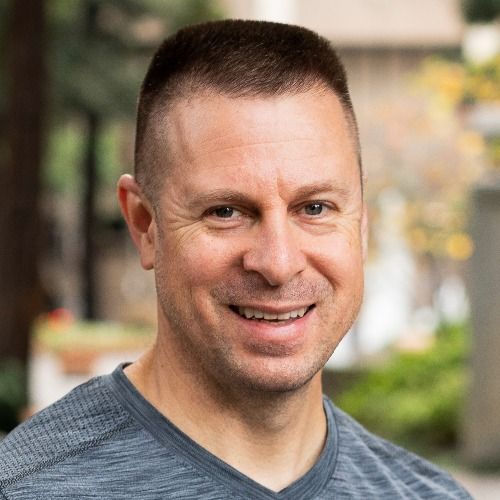Ep11: Staying Safe on Social Media
In this episode, Marc David speaks with social media expert Nia Jordan about best practices for staying safe on social platforms including:
- Tightening up default privacy settings to restrict who can see profile info
- Using strong unique passwords and enabling two-factor authentication
- Avoiding scams involving money transfers, malware links or fake prizes
- Not linking accounts across platforms or via third party apps
- Vetting friend requests and connections to avoid impersonation risks
- Monitoring children’s accounts and guiding them on security practices
- Having ongoing conversations about oversharing and permanent content
- Applying thoughtful precautions when interacting with strangers digitally
For more bite-sized cybersecurity tips, visit bytesizedsecurity.show or subscribe to the podcast. See you next time!
---
I do hope you enjoyed this episode of the podcast. Here's some helpful resources including any sites that were mentioned in this episode.
--
--
Find subscriber links on my site, add to your podcast player, or listen on the web players on my site:
--
Support this Podcast with a Tip:
Transcript
Welcome back to another edition of Byte sized Security, your source
2
:for byte sized cybersecurity lessons.
3
:I'm Mark David, and with me
today to discuss social media,
4
:safety is expert Nia Jordan.
5
:Our profiles contain a wealth of
personal information, making social
6
:platforms a goldmine for cybercriminals.
7
:Nia joins me to share best practices
for tweaking your privacy settings,
8
:securing accounts, avoiding scams,
and building connections safely.
9
:Whether you're on Facebook, Instagram,
LinkedIn, or Twitter, or X, as it's
10
:called now, you'll walk away with tangible
actions to enhance your protection.
11
:Let's dive in.
12
:Nia, great to have you on the show.
13
:Can you start by giving an overview
of key social media security risks
14
:and how criminals exploit them?
15
:Nia: Glad to join you, Mark.
16
:Social platforms contain a huge trove
of personal data, photos, contacts,
17
:and posts that criminals covet.
18
:LAC's default privacy settings
allow scraping public info.
19
:Weak account security enables
hacked profiles for financial fraud.
20
:Clicking scams spreads malware, and fake
connections facilitate social engineering.
21
:Staying vigilant defends against these.
22
:Marc: Let's start with privacy settings.
23
:What configuration changes do
you recommend to limit exposure?
24
:Nia: The key is locking down who
can view your content, especially
25
:for profiles public by default
like Facebook and Twitter.
26
:I suggest enabling the strictest
audience options for posts, photos,
27
:contacts, and biographical info.
28
:Remove anything you wouldn't
want strangers accessing.
29
:Limit visibility of past
posts if possible, and opt
30
:out of data gathering for ads.
31
:Restricting access protects you.
32
:What
33
:Marc: security advice do you
have for locking down social
34
:media accounts themselves?
35
:Nia: Make sure you set strong,
unique passwords for each profile,
36
:and enable two factor authentication
using an authenticator app for account
37
:recovery if passwords are lost.
38
:Remove any saved browser
passwords for automatic logins.
39
:Be cautious of third party apps
requesting access to accounts.
40
:And know how to report impersonation
profiles or hacked accounts to platforms.
41
:Treat social accounts like your email.
42
:Crucial to securely control.
43
:Marc: Scams are also a major
threat on social platforms.
44
:How can users avoid risks like
fake prizes or malware links?
45
:Nia: The biggest scam indicators
are too good to be true offers,
46
:high pressure urgency, or requests
for financial information.
47
:Social platforms themselves
will never message you to share
48
:private data or transfer money.
49
:Be skeptical of prize messages and
job offers directing you off site.
50
:Delete messages demanding
money transfers immediately.
51
:And never click links promising celebrity
photos, game cheats, free events,
52
:and the like which spread malware.
53
:Savvy browsing defends against tricks.
54
:Marc: What about the connections
we make on social platforms?
55
:Any risks when linking profiles
between sites or accepting friend
56
:Nia: requests?
57
:I'm cautious about linking
social media accounts under one
58
:identity, which expands access.
59
:Never link accounts via third
party apps, which can scrape data.
60
:Vet connections against your real
relationships before accepting
61
:requests to avoid social engineering.
62
:Ask contacts directly if you're
uncertain of a request's validity.
63
:On LinkedIn especially, check
work connections against
64
:profiles of actual colleagues.
65
:Impersonation is common, so verify before
66
:Marc: connecting.
67
:For parents and educators listening, are
there particular safeguards you recommend
68
:implementing for children on social media?
69
:Absolutely.
70
:Nia: Set profiles to private
and disable location tagging
71
:to limit exposure among kids.
72
:Remind them to only approve
connections from people they
73
:actually know in real life.
74
:Install protections like Bark or
Circle to monitor concerning activity
75
:and cyberbullying across platforms.
76
:Have open conversations about
limiting oversharing and the
77
:permanence of content posted online.
78
:And set clear guidelines for healthy usage
habits and enforcing periodic breaks.
79
:Ongoing involved guidance keeps kids safe.
80
:Marc: Final words of wisdom for
our listeners looking to boost
81
:their social media security?
82
:Nia: Just remember that diligent
awareness, smart privacy habits,
83
:and genuine connections go a
long way in enhancing safety.
84
:Apply the same precautions on social
media that you would in the physical
85
:world when interacting with strangers.
86
:Your vigilance remains
the ultimate protection.
87
:Marc: Outstanding tips, Nia.
88
:Thank you for sharing your
social media security insights.
89
:Thank you for having me, Mark.
90
:That wraps up this edition of
Byte sized Security focused on
91
:defending your social media presence.
92
:Lock down settings, secure accounts,
avoid scams, and vet connections.
93
:Stay safe out there on social platforms
by being informed and vigilant.
94
:For more cybersecurity lessons, keep
listening to Byte sized Security.
95
:See you next time.





